Arabic
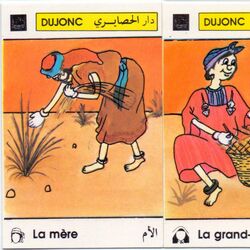
In addition to the Arabic language or the people who speak it, "Arabic" can also be used to refer to cultural, historical or geographical elements associated with the Arab world. This can include literature, music, art, cuisine and architecture, as well as history, politics, religion, traditions and social structures of different Arab societies. It is worth noting that the term "Arabic" may have different meanings depending on the context in which it is used.
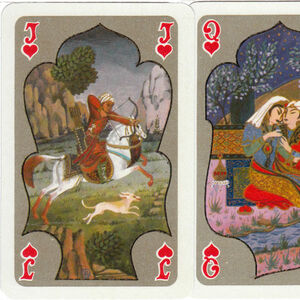
Persian Miniatures
Persian Miniatures, made in Hungary c.1990.
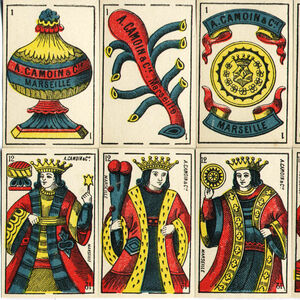
Playing cards in Morocco
The earliest literary references to playing cards in Europe refer to the game having been introduced by a 'Saracen', and also to Moorish and Damascene varieties of playing card.
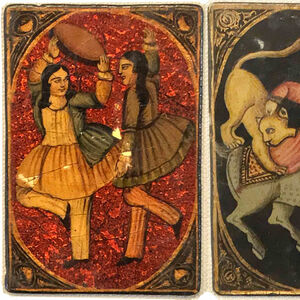
Qajar Dynasty playing cards
Qajar Dynasty playing cards, Iran, 19th century.
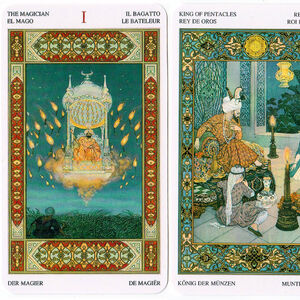
Tarot of the Thousand and One Nights (1001 Nights Tarot)
This tarot deck captures the idealised Eastern world's magic from the eighteenth and nineteenth centuries, blending traditional archetypes with mystery and romantic allure. It celebrates the legendary Scheherazade and Eastern mysticism.
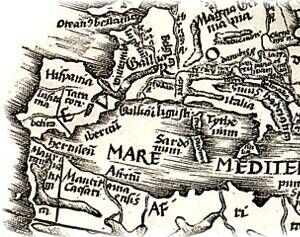
The History of Playing Cards
Playing Cards have been around in Europe since the 1370s. Some early packs were hand painted works of art which were expensive and affordable only by the wealthy. But as demand increased cheaper methods of production were discovered so that playing cards became available for everyone...
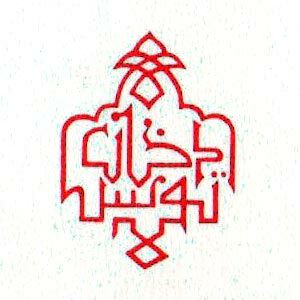
Tunisia
Playing Cards in Tunisia. Chkobba is one of the most popular card games in Tunisia, mainly played by men in coffee shops but also played at home by men and women alike.

